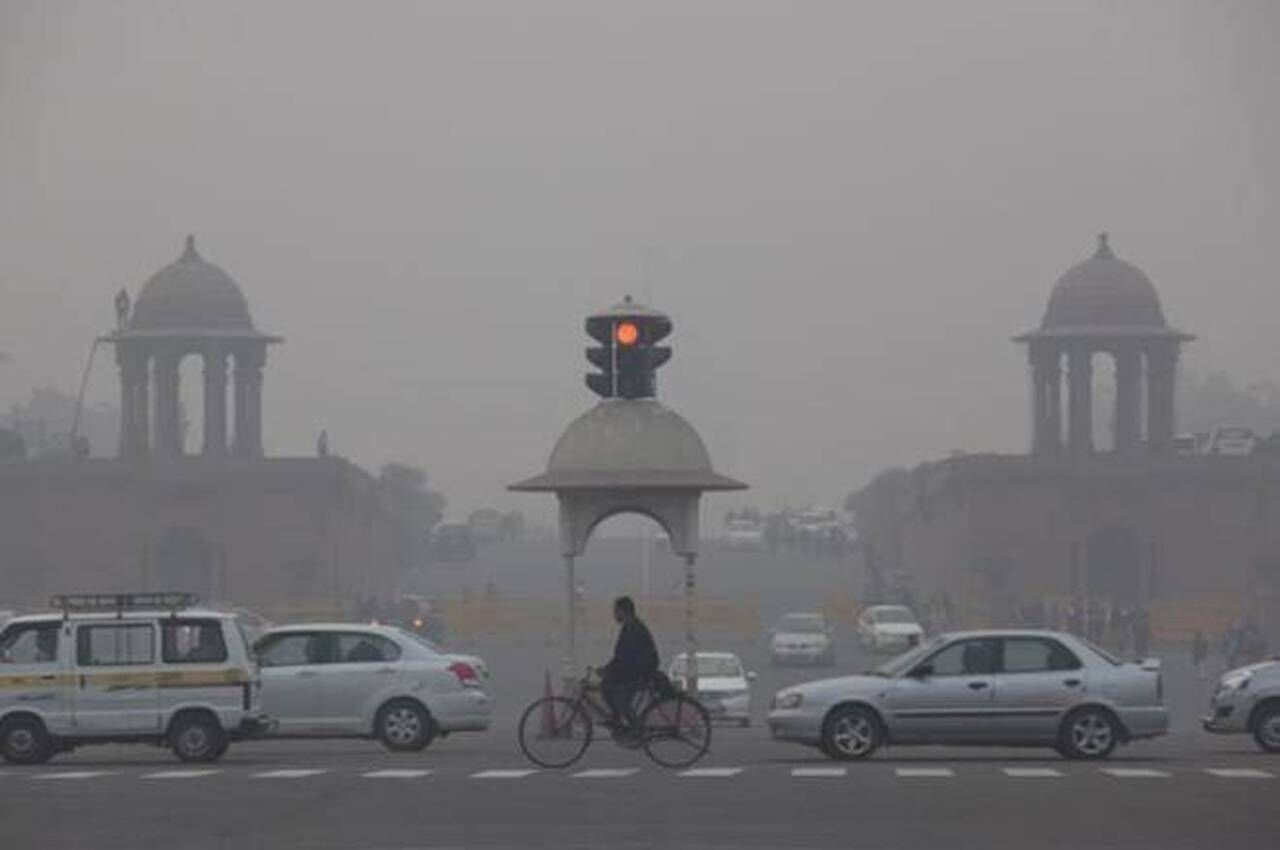Rising menace

In its recent report, 'Pollution and Health: A progress Update', The Lancet Commission updated that pollution remains responsible for approximately nine million deaths per year, corresponding to one in six deaths worldwide. Ambient air pollution and toxic chemical pollution have emerged as major killers in recent years — offsetting the reduction registered in deaths due to household air pollution and water pollution. The report also highlights that low- and middle-income countries, particularly in the global south, have been the worst sufferers — accounting for above 90 per cent of the overall pollution-related deaths. Flagging India as one of the worst sufferers of air pollution, the Lancet report stated that India had the largest number of deaths in 2019. In sum total, the report flagged air pollution as one among the major planetary threats including climate change and biodiversity loss. In stating so, the report articulated the fact that pollution is no more a local problem and requires well-defined global cooperation in its tackling. The reason behind Central and South Asia being most affected is no deep mystery. Traditionally, the region inherited under-updated and cheap industrial production technologies from the developed world in course of the industrialisation process. While the developed nations refined their technologies to minimise the pollution impact, lack of capital resources won't allow low-income countries to follow suit. Unsustainable living and working conditions of industrial workers — who comprise a large chunk of the population — in the developing world has also been an exacerbating factor behind the rising pollution menace. Adding to the problem is the largely unorganised transition of rural population to urban settings. While the government's PM Ujjwala Yojana has registered some success in diluting life threats from household air pollution in Indian villages, the newer and more sophisticated threats are emerging in the form of chemical and ambient air pollution. Government's assessment shows that usage of LPG as a cooking fuel has prevented at least 1.5 lakh pollution-related premature deaths in the year 2019. On the contrary, the Lancet report noted that "deaths from modern pollution risk factors (ambient air pollution and chemical pollution) have risen by seven per cent since 2015 and by over 66 per cent since 2000." Preventing the citizens from dying prematurely and keeping them in good health are, ideally, good enough reasons to make all-out efforts towards mitigating the impact of pollution. But the report has also stressed upon a cost-benefit analysis of pollution control measures. Apprehension has been raised over the slow progress made towards containing pollution, particularly in the low- and middle-income countries. The report highlighted that welfare economic losses associated with 2015 pollution were equal to 6.2 per cent of world GDP — 9.3 per cent of GDP in East Asia and the Pacific, and 10.3 per cent of GDP in South Asia. It indicates that while poor countries are not able to put up a strong fight against pollution, they are also getting trapped in a vicious cycle where pollution is exacerbating poverty. Is Lancet's cost-benefit analysis sufficient to inspire nations towards investing their resources in tackling pollution? To a certain extent, it can. But the unwillingness to spend significantly has more to do with their financial inability. Clean air, water and land are basic necessities but low-income countries grapple with even more fundamental inadequacies of food and shelter. What the world needs is not just the knowledge of how much money the investment towards tackling pollution could save, but also a meticulous and detailed plan of how the required finances can be mobilised in an efficient manner. As the Lancet report admitted pollution to be a global problem, robust global cooperation is needed to root out the menace. Of course, national governments too need to step up their independent actions in this regard. As the report rightly pointed out, there is a need to build multi sectoral partnerships for pollution control and integrate pollution mitigation into planning processes for NCDs. It is high time that tackling pollution is prioritised as an international agenda, if other prominent threats like climate change and biodiversity loss are to be avoided.



